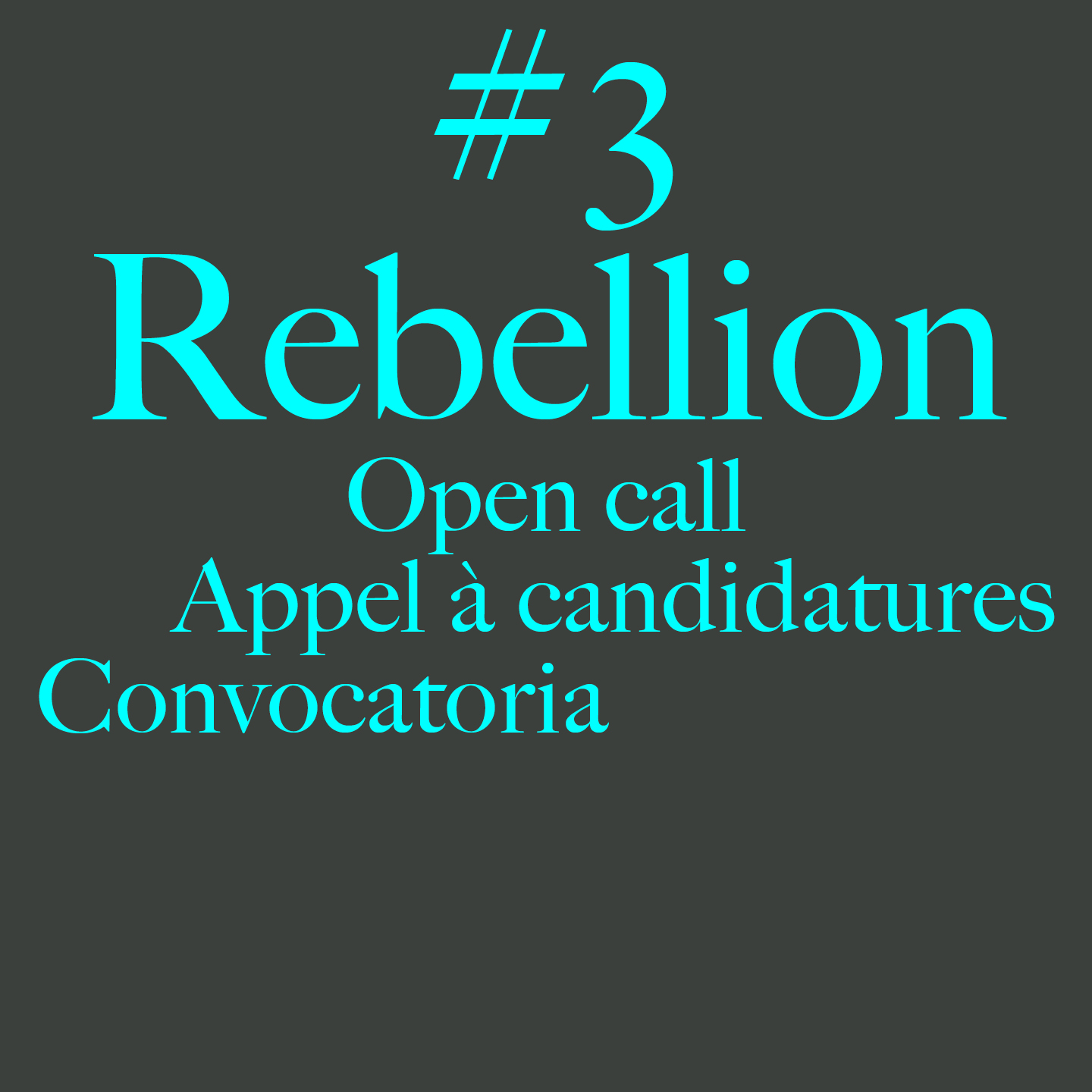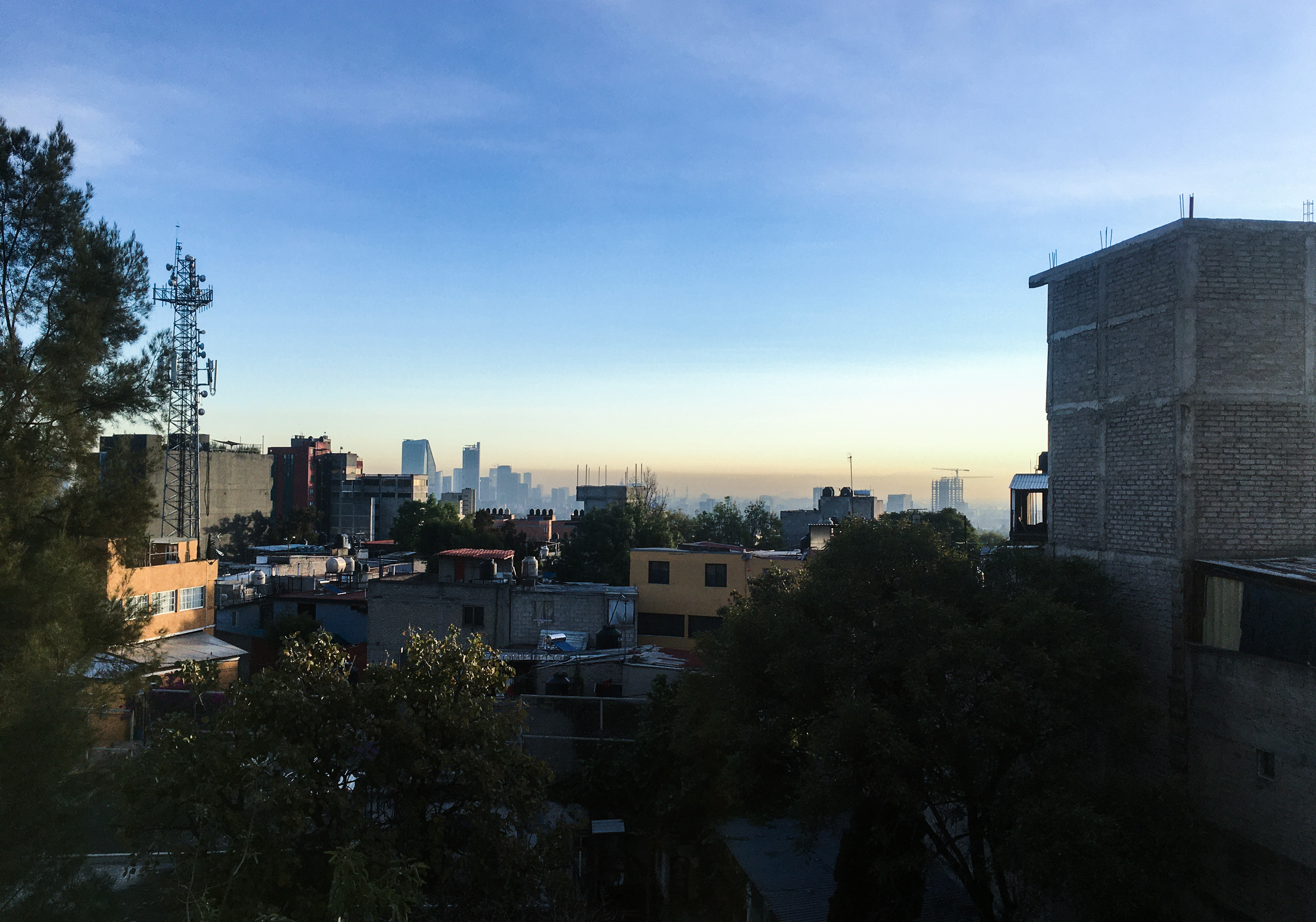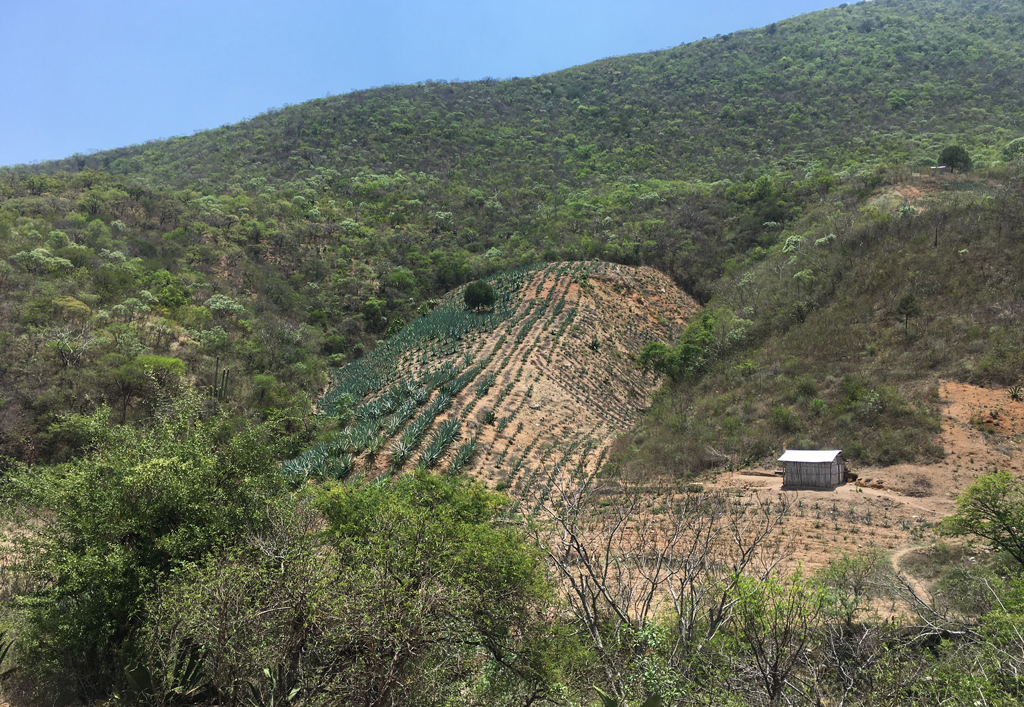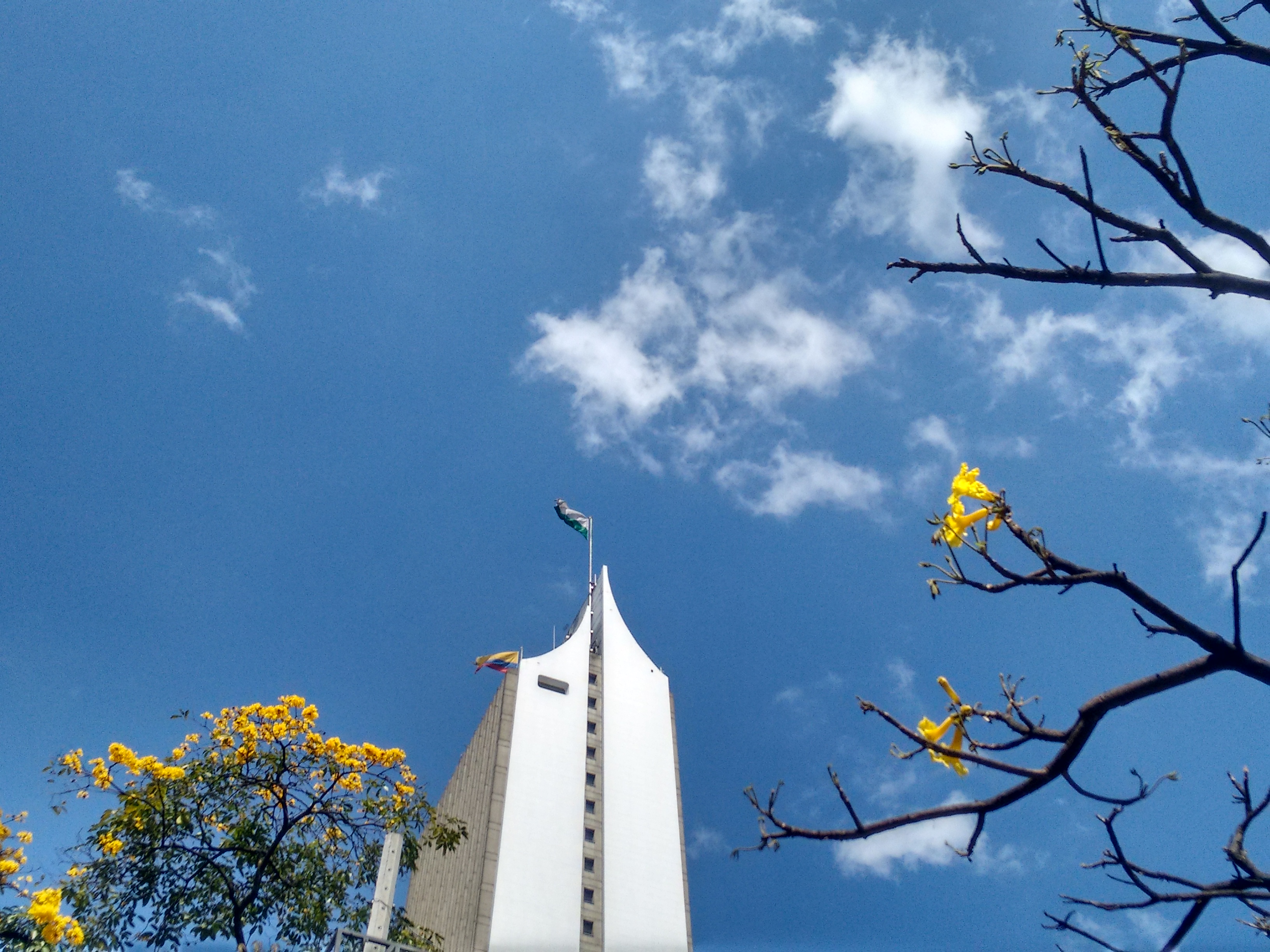Between More of Us / Blog
The rain and the sirirí
Although Colombia emits only 0.6% of the world’s greenhouse gases, its new government is committed to energy transition
ColombiaIn Colombia it rains, rains and rains. Here there have never been seasons, but always, from popular knowledge, people have spoken of winter, when referring to the times of greater rainfall; or summer, for windy days and blue, clear skies. Now, we are all immersed in that story by Gabriel García Márquez: Monologue of Isabel watching it rain in Macondo (Monólogo de Isabel viendo llover en Macondo).
In this country even the language will have to adapt to the new climates, because each month had a saying. For example: October is covered with water; April with a thousand waters… But June, July, December and the winds of August… those and the rest of the months will have to find words that rhyme and speak of the rains.
In the media there is no lack of news from the Institute of Hydrology, Meteorology and Environmental Studies: it is going to rain in the next 15 days, in the next three months, the rest of the year… It is no longer new, it is a sirirí1 (a song from a bird that repeats and repeats itself). And this text is a repetition, like the drops of water that I hear falling on the ceiling of Casa Tres Patios in Medellín and that, sometimes, do not even let us hear each other. But, I should say, a necessary repetition.
Although this country is among the 11 most vulnerable to the climate crisis (along with several Central American countries, India, North Korea, among others), there are many others who can also tell how the climate has changed in their territories to lead to major disasters such as floods and landslides, if we talk about cubic centimeters, although it is not the only case.
Now, the question is, what is happening, what has changed? The answer is not new, nor is it different, but it continues to be emphasized: this month the UN declared that fossil fuels are to blame for heat waves in Europe, floods in Pakistan or droughts in China. Coal, gas and oil are the gateway to climate chaos and although the mission is not easy, the goal is clear for countries: decarbonize the planet by 2050.
For this reason, the new government of Colombia is betting on the energy transition, that is, although this country only emits 0.6% of the world’s greenhouse gases, it still exports most of the fossil fuels (about 56% of the export territory is coal and oil), which are still burned in other countries, contributing to global warming. That is why, even if we look like a sirirí, the chant must go on: we must insist on finding ways to produce and consume clean energies because the consequences have already been seen and, as if they were a crystal ball showing the future, they give us a preview of how things could be if we do not do something different.





